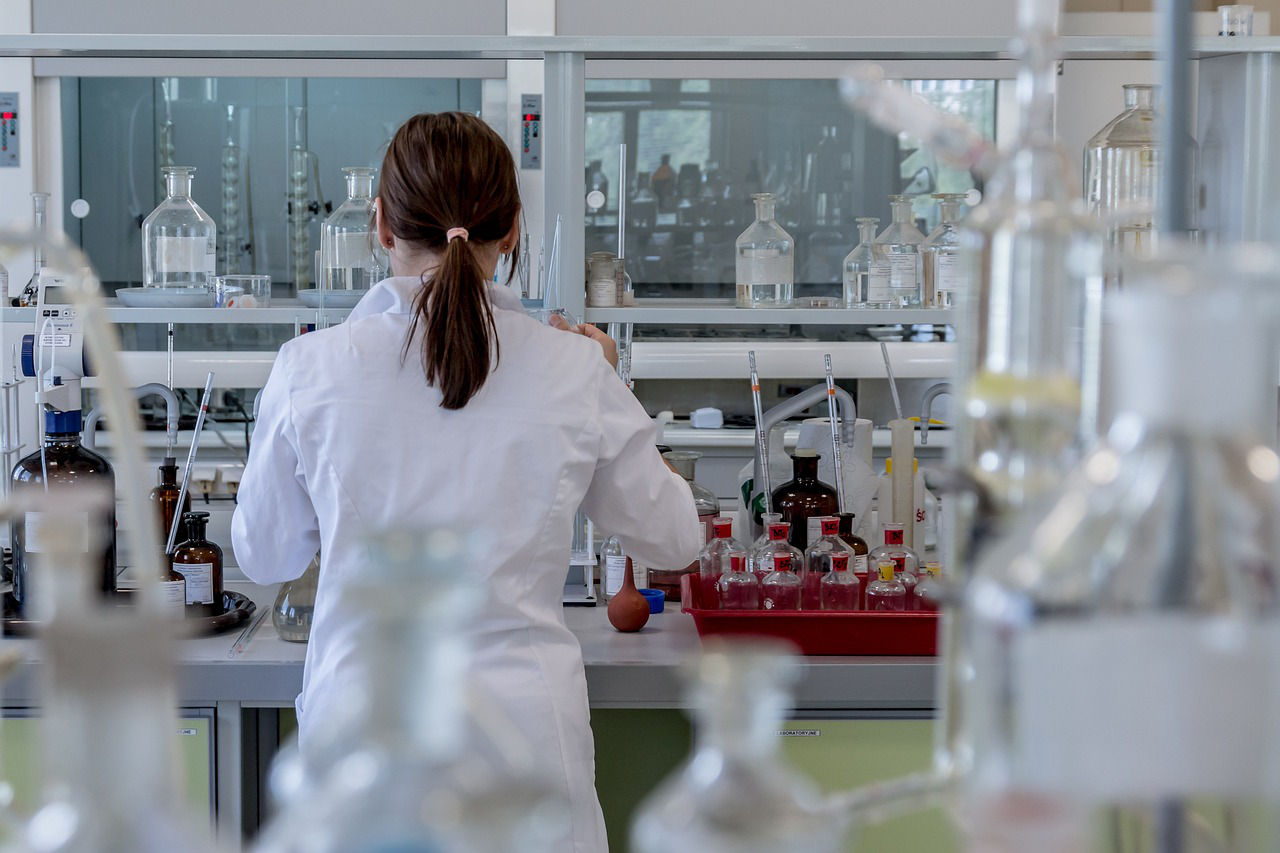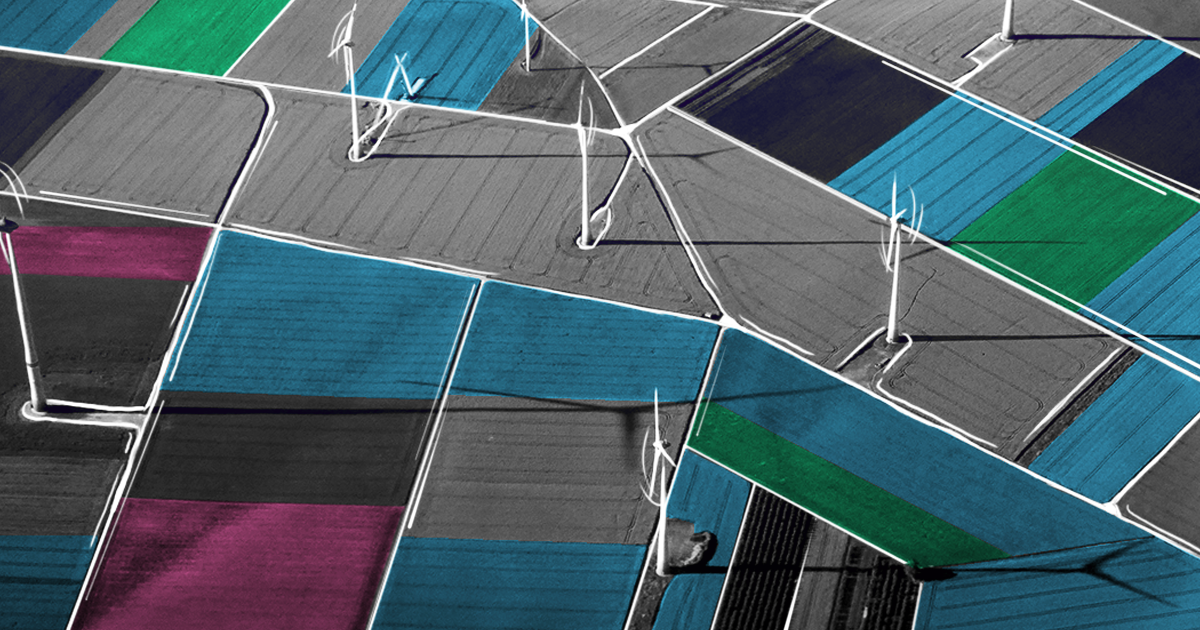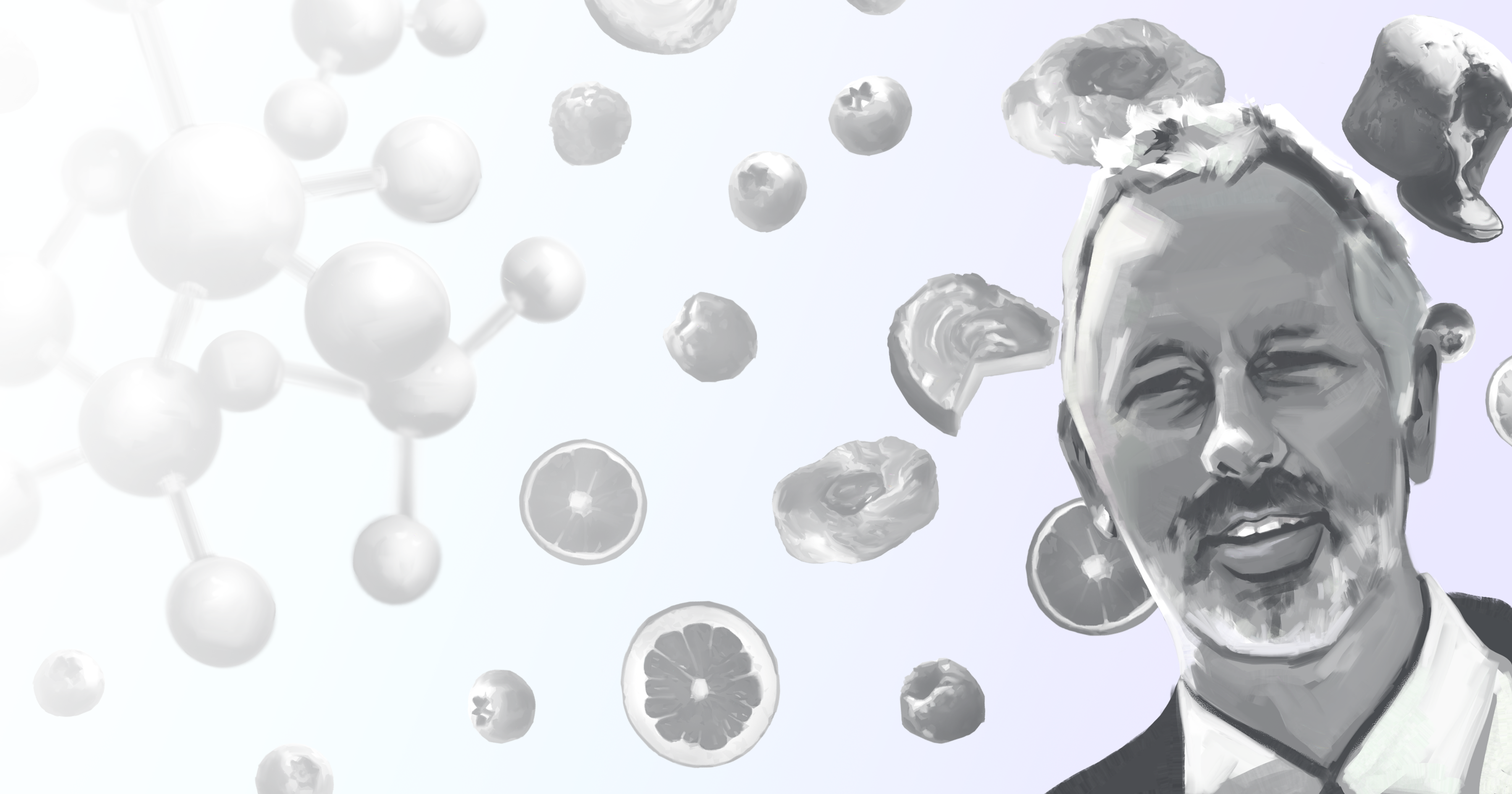Based in Copenhagen, Novozymes has over 70 years of experience creating biology-based solutions for a more sustainable planet. One of their more recent endeavors is NovoProteins, a startup created within the company to develop meatless protein. Following his appearance at the Future Food-Tech Conference, we spoke with Head of Strategy and Ventures Markus Klinger to learn more about the commercial applications of NovoProteins, its collaborations with innovators in the alternative protein space and why he’s so passionate about creating a more sustainable food future.
Tell us about your role with NovoProteins and how that fits into the larger Novozymes infrastructure.
I did my PhD in science and have worked for a dozen years in companies that bring innovative ingredients to the marketplace; Novozymes is one of those companies. I also have a business degree on top of my scientific background, and I’ve always been interested in sustainability. I’ve spent some time as a volunteer at the World Resource Institute in Washington, DC, and I looked at the sustainable food future. I’ve also been part of a political party to write about nature politics.
For me, this is a very exciting area because it allows me to combine these three areas: the science and technology, a business opportunity, and, very importantly, the sustainability impact that our work has. Today, I have the privilege to lead a team that develops the business strategy for NovoProteins, and that drives a portfolio of transformative business ventures in NovoProteins, a startup within Novozymes.
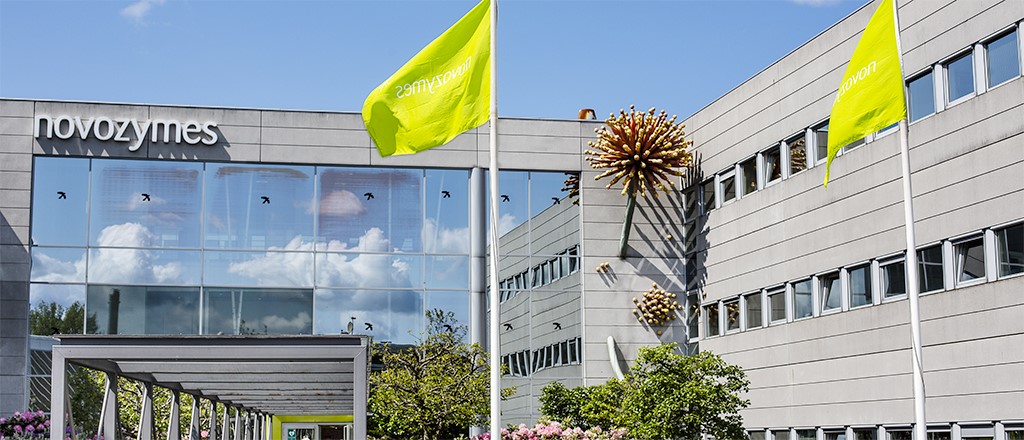
How and why did Novozymes create the NovoProteins arm?
Novozymes is a forward-looking company, and it always has been. In 2019, Novozymes identified new opportunities at the intersection of sustainability challenges and unmet consumer needs. One of these areas that was identified was NovoProteins, where we use the power of biology to provide alternative specialty protein solutions (or NovoProteins) via fermentation.
Now, to successfully pursue this opportunity, we are set up in an environment of a corporate startup that is nurtured and founded in a different way. In a dynamic structure, we have more agility, more freedom, and are separated from the core business. Novozymes, with this setup, is essentially trying to be an ambidextrous organization, exploiting what we’re really good at and what we have in the market today while exploring the next horizon of products and technologies that will take Novozymes into the future. In that sense, we have the spirit of a small company but the power of a big corporation as we play in this area.
Novozymes, with this setup, is essentially trying to be an ambidextrous organization, exploiting what we’re really good at and what we have in the market today while exploring the next horizon of products and technologies that will take Novozymes into the future.
What are some current applications for NovoProteins, specifically in the food and beverage industries? Where else would you like to see these solutions applied in the future?
Fortunately, we have the luxury of not limiting ourselves to a single application. We have the size and expertise to focus on what our customers need and what consumers want. Instead of focusing on a specific application, our ambition is to make it easier for consumers to find good-tasting products that are sustainable and play a role in their everyday lives.
Now, to be a bit more specific, these could be solutions that go into meat or dairy alternatives. But it’s certainly also a protein solution that you use at other eating occasions. It could be supplements, or it could be protein beverages. We hope that our solutions can touch consumers’ lives and the entire extended family in the future.
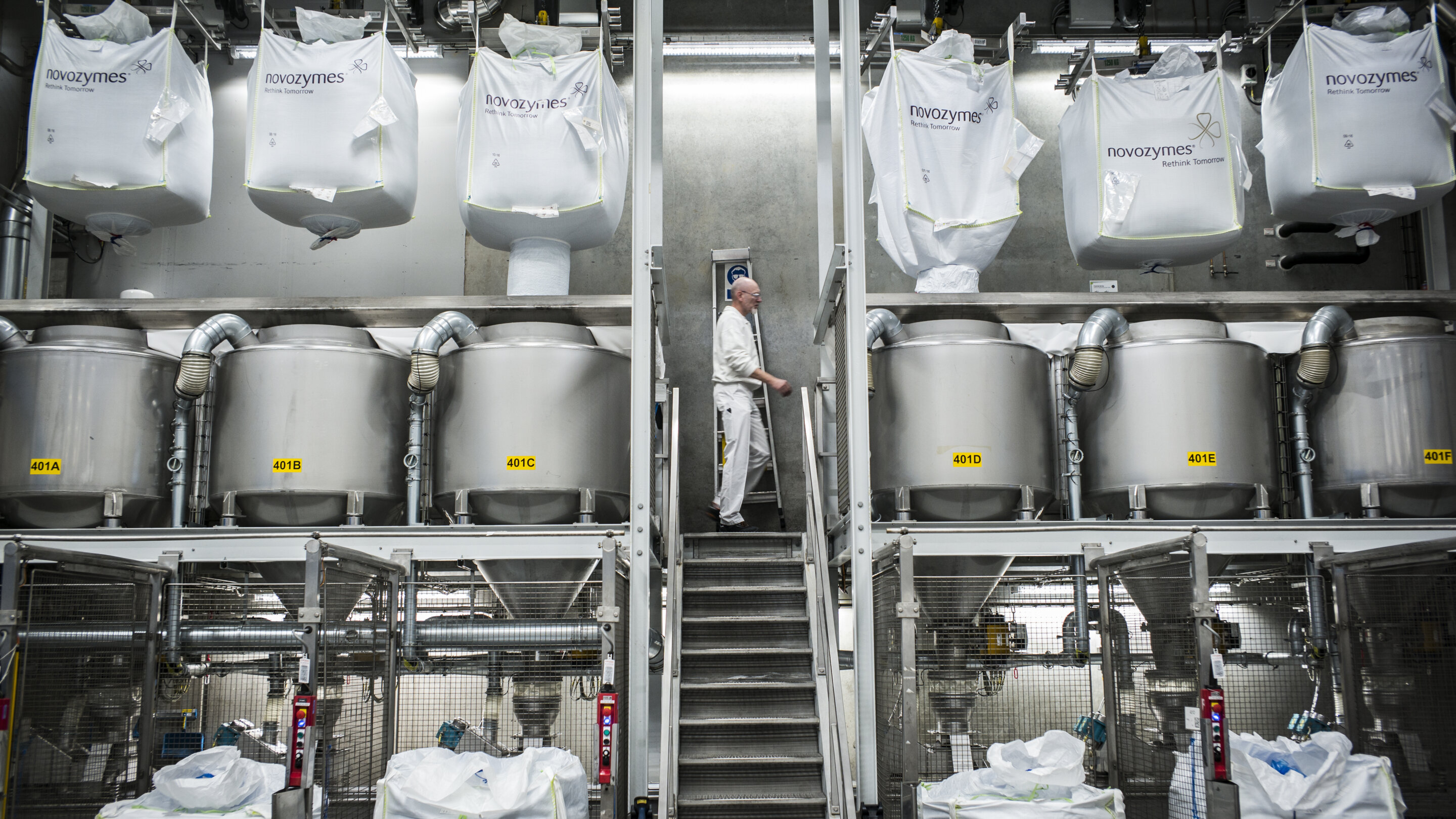
When you’re scouting for external partners to collaborate with, what are the core skills or technologies you’re looking for? Why are they important, and how do they complement biotech manufacturing platforms?
When we look at this new emerging field of proteins, and certainly our NovoProteins we’re bringing forward, we believe it takes an ecosystem to be successful. We don’t have all the answers, and we don’t have all the capabilities. So we look broadly for a couple of complementary competencies. That could be very narrow–let’s say a specific field where we could work with the university to understand detailed nutritional aspects of a certain protein source. But it could also be to work with the customers to look at the commercialization of final products so you can reach consumers.
When we look at this new emerging field of proteins, and certainly our NovoProteins we’re bringing forward, we believe it takes an ecosystem to be successful.
It is important that there’s great expertise that compliments what Novozymes has. Very importantly, it needs to be like-minded collaborators. We think we’re onto a fantastic journey. We want to be a powerful group that walks toward the future and be like-minded in terms of where we’re heading and why we’re doing it.
What are some examples of ongoing or upcoming collaborations you are engaged in? Do you have any keys to successfully leveraging these ventures?
We are working with universities to really understand the nutritional aspects of proteins and how proteins impact the buildup of muscle and muscle metabolism. So that’s one tangible example. We also work with startups and smaller companies to understand how our prototypes address consumer needs, consumer perception, and the performance in the final food product.
How do you find the startups to invest in, and how do you find these partners with researchers? What is the process? I know we touched on that a bit earlier, but how have you been going about currently reaching out beyond your walls?
So, we go about both opportunistically; through traditional networking and networking events, but we also have a diligent process to look at where the hotspots are, globally speaking, in the protein space because ecosystems are crucially important. We look at the top researchers and research institutions, but we’re also looking at where you have a hotbed of startups, the supporting funding and other activities that create these ecosystems. We look at this in a global space and then overlay it with what we need or what we can contribute to finding a good match. Again, the match for us is important in terms of unique capabilities and strong cultural fit with the collaborators.
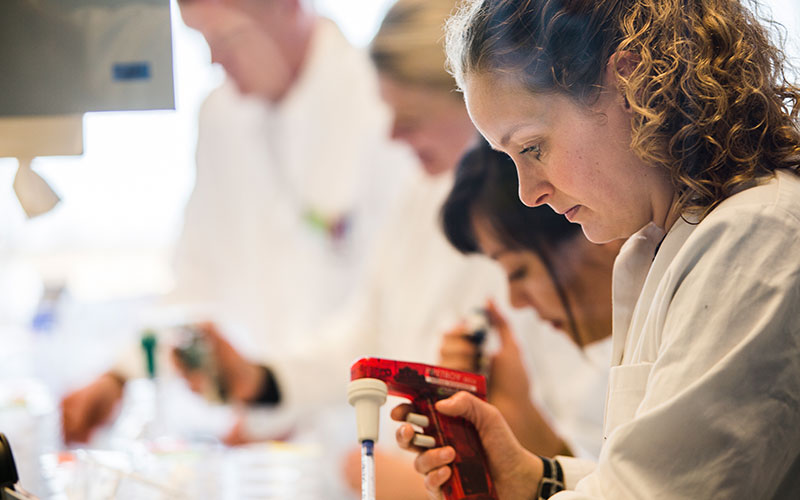
What are some products or technologies that you’re most excited about for the future of NovoProteins? Some of the most exciting applications that you see down the line?
What excites me the most is the fact that we have a unique technology platform that doesn’t limit ourselves to replicate a specific type of protein, but conceivably any protein that is found in nature. That protein could be of fungal origin, of plant origin, or of animal origin. We can make proteins using our technology platform developed over decades to unlock the magic of nature and create a cornucopia of protein solutions. Not only are you replicating what’s already well-known, but also what else nature has in store.
What excites me the most is the fact that we have a unique technology platform that doesn’t limit ourselves to replicate a specific type of protein, but conceivably any protein that is found in nature.
What are the long-term goals for both NovoProteins and, specifically in the areas of innovation and collaboration for NovoProteins?
Our long-term vision or goal for NovoProteins is fairly simple. We are thinking about how proteins are made and, together with the food industry, hope to drive positive change in this decade to provide consumers with healthy, delicious and nutritious food that’s produced within planetary boundaries. And now, more specifically, we aim to be a destination for like-minded collaboratives in this ecosystem. We want to be a trusted collaborator and partner in driving a positive change.



